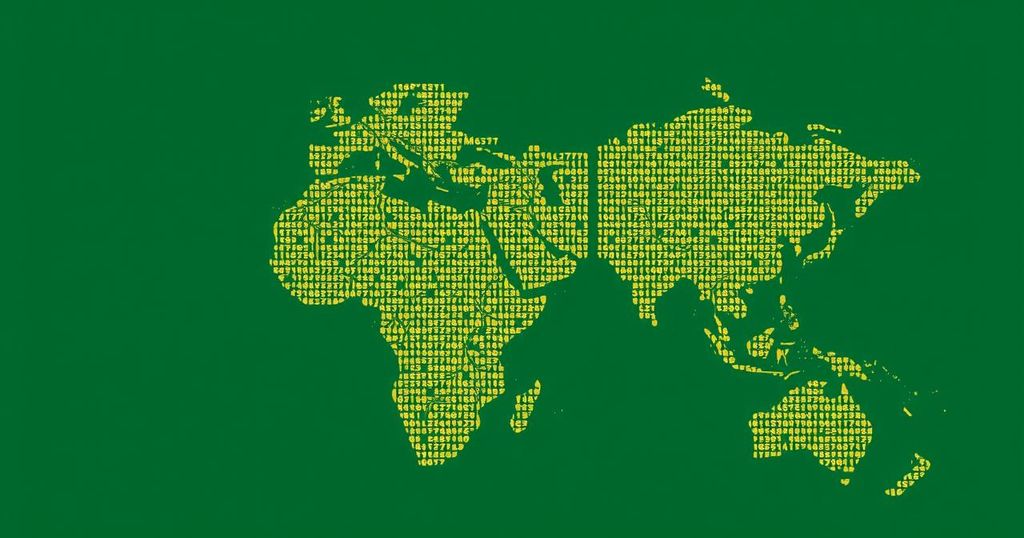Namibia’s Election: SWAPO Faces Unprecedented Challenge Amid Economic Struggles

Namibia’s upcoming election poses a formidable challenge for SWAPO, facing declining popularity amid economic woes and rising youth engagement. The electorate is at a crossroads, with SWAPO’s candidate vying for the presidency against an independent former party member. This election may secure SWAPO’s continued dominance or signal a significant political shift depending on voter turnout and opposition fragmentation.
On Wednesday, Namibians will participate in a critical election that poses significant challenges to the South West Africa People’s Organization (SWAPO), a party that has governed the country since its independence in 1990. Amidst high unemployment rates, governmental corruption, and social issues, SWAPO’s popularity has waned. Young voters, constituting over 40% of the electorate, are seeking alternatives due to the party’s failure to address pressing economic issues, raising questions about SWAPO’s capacity to maintain its dominance amidst a shifting political landscape.
This election is also noteworthy for the potential first female presidency, as SWAPO’s presidential candidate, Netumbo Nandi-Ndaitwah, vies against former party member Panduleni Itula, now leading an independent movement. While historical loyalty among older voters may support SWAPO, the emerging youth vote and the fragmentation from numerous opposition candidates could profoundly impact the outcome. Analysts suggest that SWAPO, despite facing its most formidable electoral challenge, may still secure a victory if the opposition remains divided, particularly with the desire for a strong leadership capable of addressing and alleviating rising discontent among the populace.
The upcoming Namibian election is set against a backdrop of declining support for long-established liberation parties across southern Africa. Following significant electoral losses by long-standing parties in neighboring regions, concerns are mounting for SWAPO as it grapples with a youth demographic increasingly disillusioned by economic failures and unfulfilled promises. Over the past three decades, the socio-economic landscape in Namibia has deteriorated, especially highlighted by a housing crisis and widespread unemployment. As the youthful electorate becomes more engaged, their political sentiments are shifting towards accountability and reform.
The Namibian election represents a pivotal moment for SWAPO, as it seeks to navigate the challenges posed by economic discontent and a growing youthful electorate. The outcome is significant, not only for SWAPO’s future but also for the trajectory of national politics as the voters will either solidify the party’s historical dominance or usher in a new political era with the representation of opposition forces. Key factors such as youth voter turnout and the fragmentation of opposition votes will critically influence the election’s results.
Original Source: www.nytimes.com








